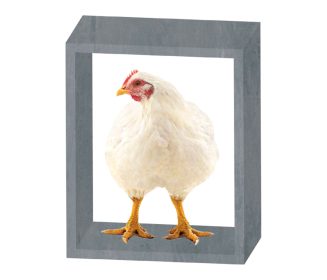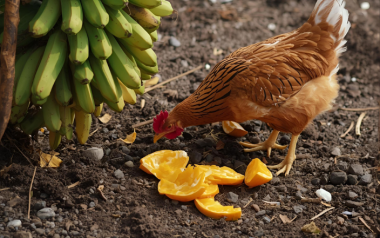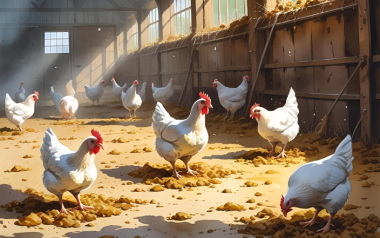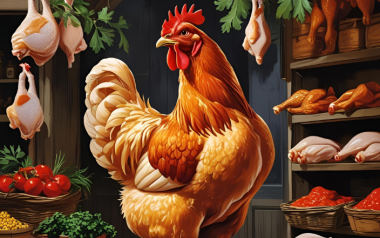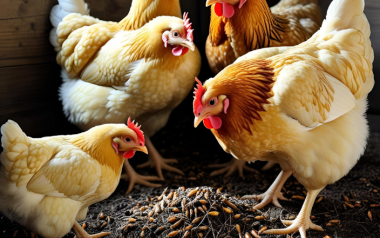Sources: Available upon request
05 Feb 2025
Czech Republic calls for EU cage farming ban
The Czech Republic has recently taken a significant step in advocating for animal welfare by pushing for a European ban on cage farming. This move aims to harmonize animal welfare standards across the European Union (EU) and eliminate the competitive disadvantages faced by Czech farmers due to varying regulations in different member states.
The Czech Republic has recently taken a significant step in advocating for animal welfare by pushing for a European ban on cage farming. This move aims to harmonize animal welfare standards across the European Union (EU) and eliminate the competitive disadvantages faced by Czech farmers due to varying regulations in different member states.
Background
During a meeting in Brussels in December, the Czech Republic called on other EU member states to impose a ban on cage farming. Czech agricultural minister Marek Výborný emphasized the need for a unified approach to animal welfare, highlighting that the Czech Republic has already taken measures to end cage farming of laying hens by 2027. This initiative is part of a broader effort to improve the living conditions of farm animals and ensure fair competition within the EU.
Current situation
As of the end of 2023, the Czech-Moravian Poultry Union reported that 52.4% of laying hens in the Czech Republic were still kept in cages. The transition to cage-free farming is expected to be challenging for many farmers who have recently invested in modernizing their facilities to meet previous standards. Gabriela Dlouhá, chairwoman of the board of directors of the Czech-Moravian Poultry Union, acknowledged that farmers would need to dismantle some capacities built less than a decade ago.
European context
Several European countries have already taken steps to phase out cage farming. Germany plans to prohibit it by 2026, and the Belgian region of Wallonia by 2028. France has banned the construction of new cage farms since 2018, and Slovakia aims to phase out cage farms by 2030. Despite these efforts, the lack of a unified ban across the EU poses a challenge for Czech farmers, who fear competition from countries with less stringent regulations.
Challenges and concerns
The proposed ban on cage farming is expected to have significant economic implications for the Czech poultry industry. Farmers who invested in “Euro cages” in 2012 now face the prospect of switching to new technologies without having fully paid off their previous investments. Additionally, there are concerns about the impact on egg production, with estimates suggesting a potential loss of around 15%. The Czech Republic’s push for a ban is also supported by animal welfare organizations like Compassion in World Farming, which has been campaigning for the ban of cages since 1998.
Conclusion
The Czech Republic’s push for a European ban on cage farming represents a crucial step towards improving animal welfare across the EU. While the transition may be challenging for farmers, the long-term benefits of harmonized regulations and improved living conditions for farm animals are expected to outweigh the initial difficulties. As more countries join the movement to end cage farming, the EU can continue to position itself as a leader in animal welfare.






